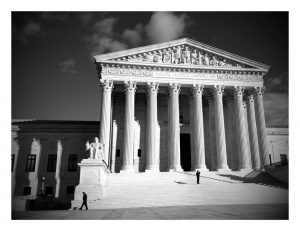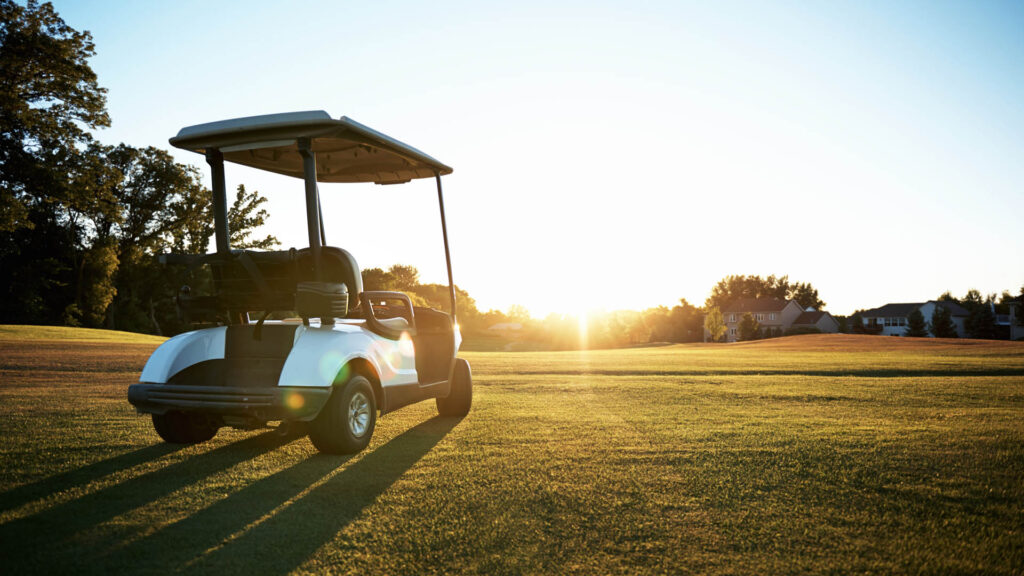We get questions about slip and fall cases on a regular basis. Incidentally, as a personal injury lawyer in Greenville SC, one of the most common inquiries we see are claims for slip and fall at a commercial or even a residential location. There may be some confusion surrounding these claims as sometimes people have questions about whether they have a case or not. We will focus only on South Carolina law-so if you want to know about South Carolina law-read on. And I’ll add another disclosure, please do not treat anything in the informational article as legal advice specific to your situation.
Questions About Slip and Fall Cases
Question: “Do I have a case for slip and fall?”
Answer: Questions about slip and fall cases typically begin with determining the legal duty that a business or residence owes to its customer. Generally speaking, an owner of property or the person in control of the property owes a duty to its guests to provide a reasonably safe premises for its customers.
South Carolina law classifies "guests" into three categories: invitees, licensees, and trespassers.
- Invitees – an invitee is a person who is on the premises with permission. This includes express or implied of the owner or possessor of the premises. An invitee is on the premises to benefit the owner/possessor of the premises. The most common example of an invitee is the customer of the store. A customer is there to benefit the owner/possessor of the premises-that is, to make a purchase or to provide value. The owner/ possessor of the premises owes an invitee a duty of reasonable or due care to avoid creating unreasonable risks and to also find unreasonable risks and thereafter to take safety precautions to warn of or eliminate unreasonable risks.
- Licensees – A licensee is a person who is on the premises with the permission or consent of the owner/possessor of the premises but, unlike an invitee, is on the premises for his benefit and not for the benefit of the owner/possessor of the land. Examples of licensees include social guests in a home. A licensee is on the premises with the permission of the owner/ possessor. A licensee accepts the premises as he finds the premises. The owner/possessor of the premises must use reasonable care to know about the licensee on the land and to use reasonable care to warn of any hidden dangers on the property and also to warn about any hidden dangers that a licensee may not reasonably discover on his own.
- Trespassers- a trespasser comes on the premises without permission; he is a wrongdoer. The owner/possessor of the property does not even owe a trespasser a duty of due care-but must not intentionally injure the trespasser.
Question: What happens if I slip and fall on water in a store?
Answer: A common premises slip and fall claim is when a customer falls on water at a store. In this circumstance, the customer, show is an invitee and is owed a duty of care, must prove that the owner/possessor of the premises knew about or should have known about the hazardous liquid on the floor and failed to clean it up or warn about it. Consequently, in legal terms it is called “notice”. There are two types of notice; constructive notice and actual notice. If the store knew about the presence of the hazard-that would be actual notice. If the store should have known about the presence of the liquid-then that is constructive notice.
Question: “What damages are allowed to be claimed for slip and fall cases under South Carolina law if I’m injured at a store or business?”
South Carolina law allows for an injured person to claim damages. For example, these damages may include medical expenses, lost wages, pain, suffering, inconvenience, disability, impairment, loss of earning capacity, and loss of enjoyment of life. Additionally, if a person dies as result of owner/ possessor negligence, then there may be a claim for wrongful death.
Slip and Fall Injuries are Preventable
Question: “What are some common examples of slip and fall accident claims in South Carolina?”
No doubt, liquids or other items left on the floor of a store are the most common causes of slip and fall. We have seen store employees leave flat cardboard boxes on the floor; water on the floor that store employees should have known about; milk spilled on a floor that store employees should have known about. In a liquid or “foreign substance” type claim, the biggest hurdle in proving these claims is proof that the store employees either created the hazard themselves or should have known about the hazard but failed to quickly clean up the spill or hazard.
Question: “How does an injured person prove his or her claim against the store?”
First, the most important thing to do is to notify store personnel-preferably a manager-that you fell in the store. Next, seek treatment for your injuries. Remember, your well being and health comes first. However, once you are stable, you should reach out to an attorney who can help preserve any evidence. In fact, it’s important to hire a personal injury attorney quickly so that he can get to work immediately. Preserving evidence may be vital to your claim.
Get Answers for Your Questions About Slip and Fall Cases

Ultimately, the best way to get answers to your questions about slip and fall cases is to call us. The Thomas Creech Law offices is a Greenville SC slip and fall accident firm that represent people and families who have been injured. Call us at (864) 235-4999 or contact us via our web site for a FREE consultation. We have fought some of the country’s biggest retailers in slip and fall and other premises liability claims. Therefore, we will fight for you.

